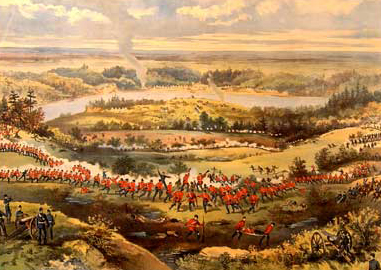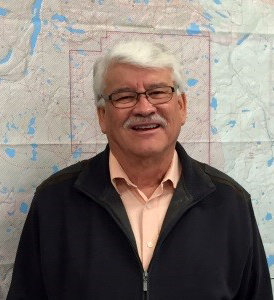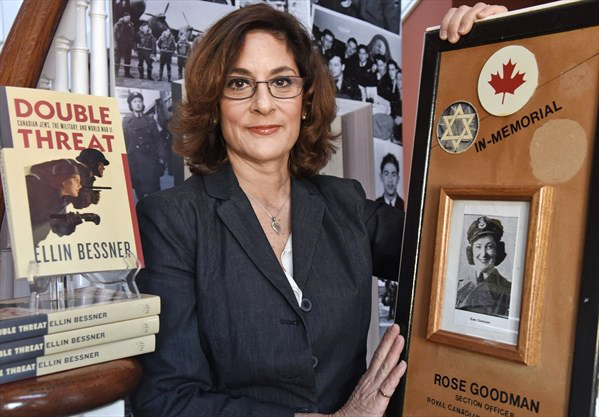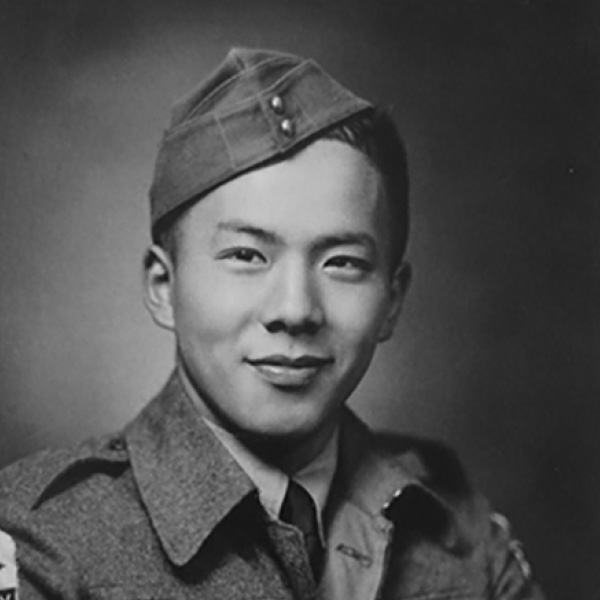
It was the climax of the chapter, about a 19th-century military battle in western Canada. It was an important feature in my first non-fiction book, written 44 years ago. It pitted a massive force of army militia troops from eastern Canada against Métis communities defending their land rights in the Saskatchewan territory. That spring of 1885, it became known as the Battle of Batoche.
In my book, Fire Canoe, I referred to the stand that Louis Riel and Gabriel Dumont made at Batoche as “the Riel rebellion.”

As a 24-year-old first-time author, I had naively used colonial language to describe a struggle that began when Europeans homesteaded on Prairie lands handed to them by the Hudson’s Bay Company and an expanding Canadian nation.
Between first publication of my book in 1977, and a 2015 reprint, in my travels as a journalist and author, I met Elmer Ghostkeeper, a Métis elder and mentor, who currently serves a councillor with the Buffalo Lake Métis Settlement in Alberta. Among many things I learned from him, the historically accurate way to describe events in 1885 was “the Riel resistance.” It was resistance, not rebellion.
In other words, my country and its leaders abused a First Nation’s rights and history continues to misrepresent it. Some have suggested, given the discovery of hundreds of unmarked graves at two former Indian residential schools in Saskatchewan and Alberta, that July 1 celebrations should be cancelled. I’d like to suggest the opposite. We need to take the day to celebrate our successes and correct our mistakes.

In May 1939, just four months before Adolf Hitler marched into Poland to begin the systematic extermination of European Jews, the ocean liner St. Louis departed Hamburg, Germany, with 907 Jewish passengers seeking asylum away from Nazi oppression.
Attempts by Gustav Schroeder, captain of the ill-fated ship, to land his passengers safely in Cuba were thwarted by a fascist leader. A U.S. Coast Guard vessel fired warning shots at St. Louis to prevent it from docking in Florida. And at Halifax, Frederick Blair, the architect of Canada’s restrictive federal immigration policies issued this anti-Semitic statement on behalf of the Mackenzie King government:
“The line must be drawn somewhere,” he wrote in an internal document about allowing Jews into Canada. “None is too many.”
Canada’s closed-door policy toward the Jews of Europe before and during the Second World War – between 1933 and 1945 only 5,000 Jews were allowed in – ensured that a third of those passengers would die in Nazi concentration camps. Still, the work of two Canadian academics – Harold Troper and Irving Abella – at the University of Toronto brought Canada’s history of anti-Semitic policies to the attention of then prime minister Joe Clark.
His government and its policy-makers recognized the systemic racism and at the time – the 1970s – increased Canada’s intake of Vietnamese refugees from 12,000 to 50,000; and under the current federal government an intake of 50,000 Syrian refugees between 2015 and 2018 was facilitated.

On Nov. 7, 2018, Prime Minister Trudeau formally apologized for turning away Jewish refugees.
My friend and colleague Ellin Bessner, author of Double Threat: Canadian Jews, the Military and WWII, spoke the same day.
“It’s never too late to apologize,” she said. “But we still have work to do.”
Ellin and others have taught me that Conservative and Liberal administrations have been guilty of anti-Semitism since 1867. But because this country has the spine to acknowledge its xenophobia, root it out and replace it with inclusion and egalitarian principles, I plan to celebrate Canada’s ability to address and correct injustice.
When Frank Moritsugu was growing up in Vancouver, his Japanese-Canadian parents taught him to sing “God Save the King”; he was elected as the first non-white editor of his high school newspaper.

Yet, in 1942, the Moritsugus had everything taken from them. The authorities interned Frank’s parents in camps in northern B.C. Still, Frank joined the staff of The New Canadian, a Japanese-Canadian newspaper that supported the country’s war effort, but also criticized its racist treatment of Japanese-Canadian citizens.
I was privileged to work with Frank Moritsugu as a journalism instructor. Frank was hurt horribly by what his country did to him in 1942. But he turned the other cheek, and eventually served in the Canadian Army, interrogating Japanese POWs late in the war.
“I knew (our treatment) was not the real Canada,” Frank told me.
 So, on our national birthday, I plan to take time to study our mistakes as a nation. I’ll recall what Elmer Ghostkeeper, Ellin Bessner and Frank Moritsugu have taught me. I’ll keep trying to learn the truth, but on this July 1, I’ll also display my Canadian flag proudly.
So, on our national birthday, I plan to take time to study our mistakes as a nation. I’ll recall what Elmer Ghostkeeper, Ellin Bessner and Frank Moritsugu have taught me. I’ll keep trying to learn the truth, but on this July 1, I’ll also display my Canadian flag proudly.